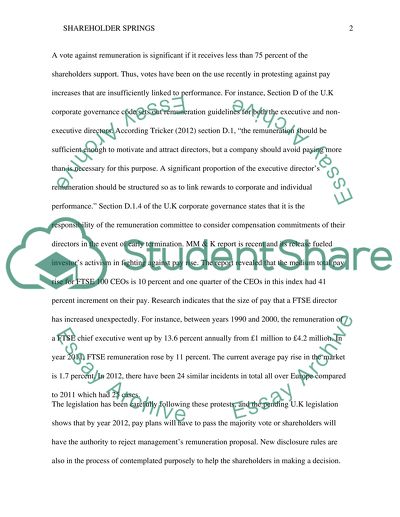Cite this document
(“The presence of the current financial crises has made investors more Essay”, n.d.)
The presence of the current financial crises has made investors more Essay. Retrieved from https://studentshare.org/finance-accounting/1402796-shareholder-spring
The presence of the current financial crises has made investors more Essay. Retrieved from https://studentshare.org/finance-accounting/1402796-shareholder-spring
(The Presence of the Current Financial Crises Has Made Investors More Essay)
The Presence of the Current Financial Crises Has Made Investors More Essay. https://studentshare.org/finance-accounting/1402796-shareholder-spring.
The Presence of the Current Financial Crises Has Made Investors More Essay. https://studentshare.org/finance-accounting/1402796-shareholder-spring.
“The Presence of the Current Financial Crises Has Made Investors More Essay”, n.d. https://studentshare.org/finance-accounting/1402796-shareholder-spring.


